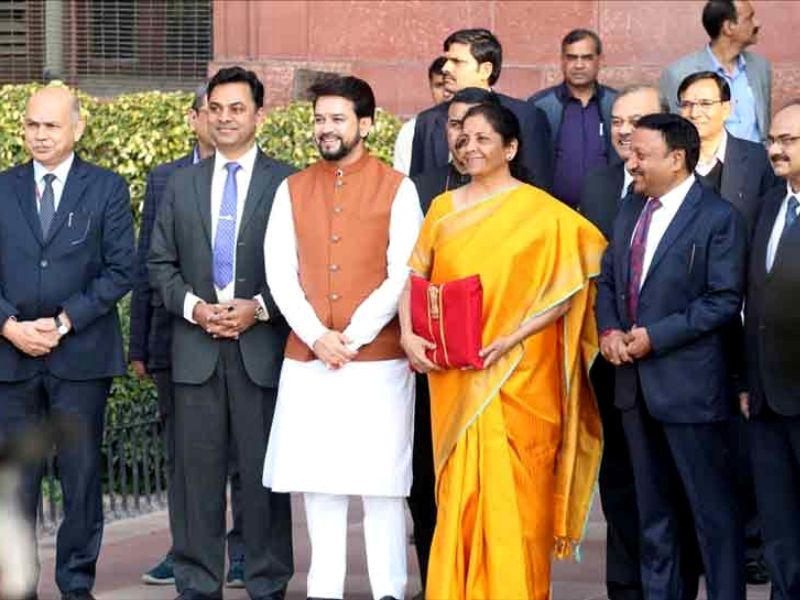The government has allocated Rs 99,300 crore for the education sector according to the Union Budget 2020-21. It has also allocated Rs 3,000 crore for skill development. Finance minister Nirmala Sitharaman also said that the government plans to start a programme in which urban local bodies will provide opportunities for a one-year internship to would-be engineers. Plus, the National Police University and National Forensic University are being proposed. An IND-SAT examination will be introduced for Asian and African students to enable evaluation to ‘Study in India’.
Recommended: Budget 2020: Rs 99,300 crore allocated to education sector
Here are some post-budget reactions from educations and the Indian startups:
Shaheen Mistri, Founder & CEO, Teach For India said, “We are encouraged to see the government’s commitment towards ensuring quality education in India. While this year’s budget was mainly focused on higher education, we are hopeful that the yet to be announced education policy will put the spotlight on primary education, crucial to the formative years of students. For the government to achieve its vision of an India where all children get an excellent education it will be crucial to incentivize states to improving learning outcomes of students and invest in leadership for education.”
“Introduction of Foreign Direct Investment and External Commercial Borrowings will be beneficial to the education sector. It will help improve the quality of education in the country further. Offering online degrees by institutions that are ranked within the top 100 in the National Institutional Ranking framework will promote online education and provide quality education to students of deprived sections of the society,” Professor Mahadeo Jaiswal, Director, IIM Sambalpur said.
Amit Bansal, Founder & CEO, WizKlub, “The proposal to allow top universities to grant online degrees at par with the traditional degrees is a welcome step in the right direction. Advancing technology is opening up avenues to provide high-quality education to every nook and corner. This would bridge the gap between formal education (school and colleges) and informal education (test-prep, supplementary and career programs).”
Rohan Parikh, Director, The Green Acres Academy, “As a country gearing up to have the largest ‘working population’ in the age group of 15 to 65 years by 2030, the Budget 2020-21 has adequately focused on building a robust structure to drive higher education and skill development. From creating an efficient workforce of engineers, doctors, bio-medics and IT professionals to nurturing skill-based qualities for entrepreneurs, sales and marketing professionals or commercial fine arts, the budget has taken into consideration the inclination of the youth and aligned it to the economic growth targets, thereby strengthening the role of education in building the $5 Trillion economy!”
Ramananda SG, Vice-President, Sales and Marketing, Pearson India said, “The government has tried to strike an equilibrium between the needs of the public sector and generating employment through the right skill sets, like engineers interning at urban local bodies and the announcement of a National Forensic & National Police University. Furthermore, the focus on skill-development in museology and archaeology is expected to fuel the tourism sector with the right talent in the coming years.”
The ‘Study in India’ program opens doors for students from Asia and Africa to India and the setting up of full-fledged online degree level institutions will help in democratisation of education across all levels of society, especially those from the lower economic classes,” said Rustom Kerawalla, Chairman, Ampersand Group.
Sumeet Jain, Co-founder of ed-tech startup, Yocket, “There was too little for the education sector in the budget. FM did not reduce any GST cut yet. FM did emphasize on education and employability but no clarity on how it will achieve employability. But the fact that it was on mind is good but we need to see details on how well the funds get deployed. Development of online courses was good but that would be limited to only top 100 institutes. Should have focused more on the boost to online courses and infra to help smaller niche institutes to also enable online courses.”
